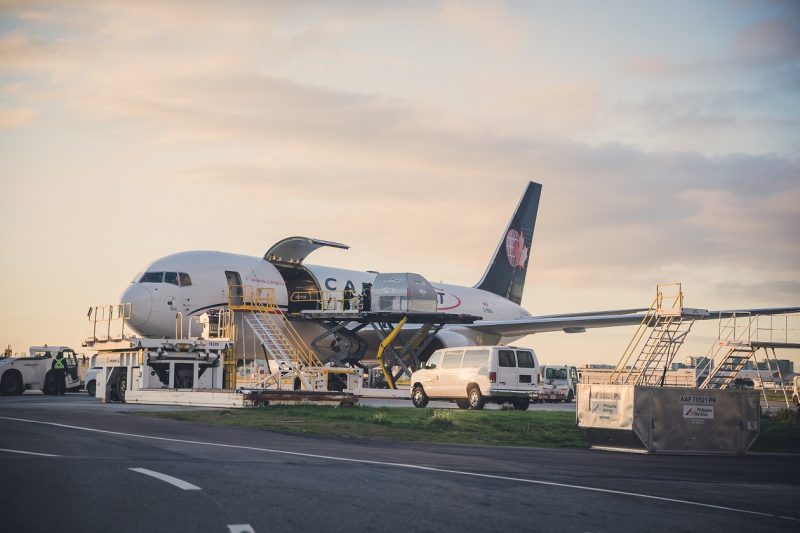Vancouver International Airport Receives Funding to Enhance Cargo Facilities
The Government of Canada will invest up to C$74.3m at Vancouver International Airport to enable it to handle more cargo.
This investment, part of the National Trade Corridors Fund, will be used to expand the airport, improve its facilities and efficiency, and reduce pollution, said a press release.
The project will also enable the movement of larger aircraft between cargo facilities and the runway. The funding will be used to increase parking space capacity to accommodate four additional widebody freighter aircraft; upgrade an access road; and prepare for the construction of a new air cargo warehouse.
In total, improvements will boost the airport’s cargo capacity by 160,000 tonnes.
The work will support the operations of Canadian carriers including Air Canada, WestJet and Cargojet.
It is estimated that the project will reduce truck travel by up to 229m km over 30 years because local exporters will not need to transport their products to an airport further away. This will improve highway safety and reduce green house gas emissions.
Moreover, by making room for fuel-efficient widebody freighter aircraft at the terminal, pollution generated by the movement of air cargo through Vancouver International Airport will be reduced by up to 25%.
The goods exported through Vancouver Airport support key economic growth in sectors such as advanced manufacturing and pharmaceuticals. Additionally, traditional sectors such as agriculture and fisheries need reliable air cargo export shipments to ensure perishable items can reach global markets in a timely manner.
“Cargo and our focus on growth and optimization is in direct service of our community and the economy that supports it,” said Tamara Vrooman, president and chief executive, Vancouver Airport Authority.
“The substantial funding from the National Trade Corridors Fund for cargo development at YVR will enhance our role as gateway for global and domestic cargo operators.
“With improved capacity and infrastructure, we will handle more essential cargo and contribute to building stronger and more resilient supply chains between Canada and global markets, benefitting local businesses and consumers.”
















